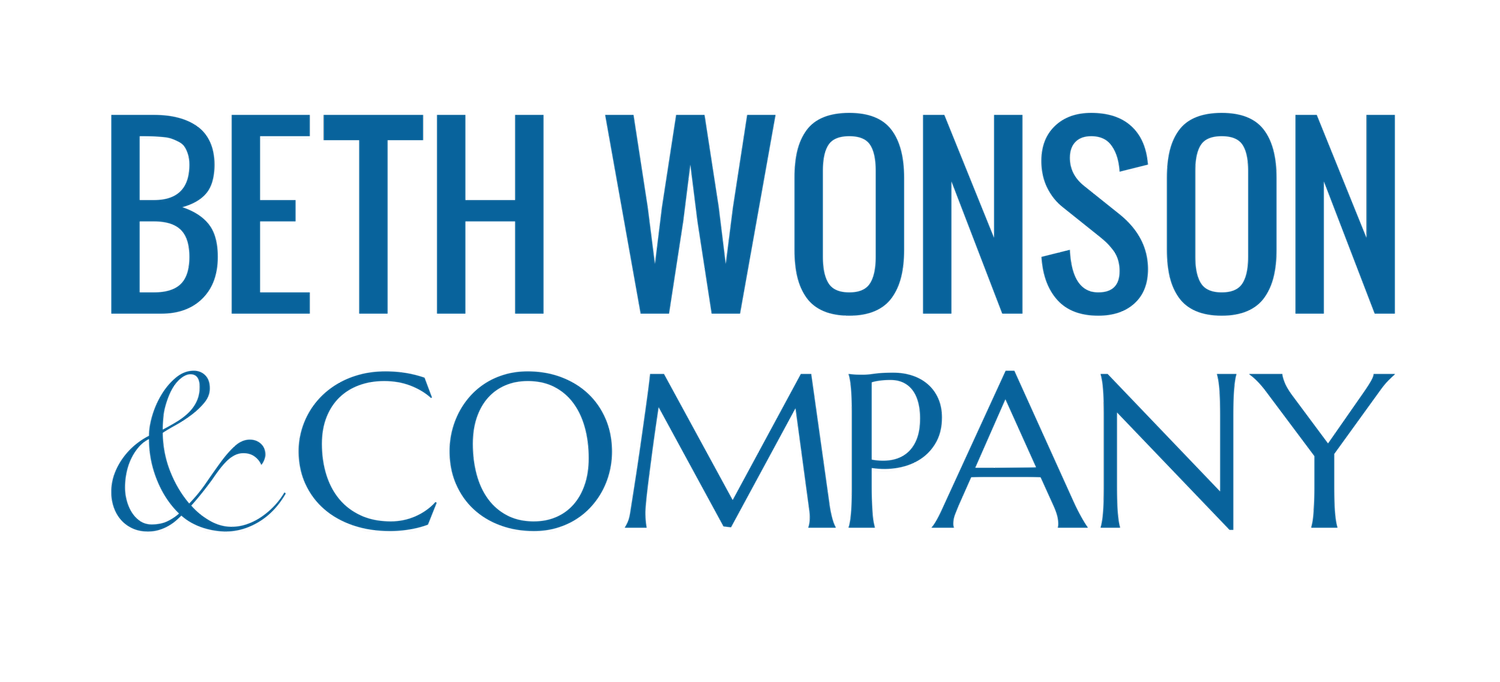The Most Critical Topics of 2025
Welcome to 2025!
Every organization and business, regardless of size or sector, faces several pressing challenges this year.
Let's explore the most critical topics I'm hearing about (besides the major subject of Artificial Intelligence) that affect both public and private sectors:
Focusing on sustainability and making steps toward a green economy.
People are increasingly aware of climate change's impacts. Storms, power outages, fires, and rising temperatures are affecting both homes and livelihoods. Your stakeholders—clients, employees, donors, volunteers, and service recipients—are carefully evaluating organizations' sustainable practices, from operations to material sourcing to environmental impact.
Communicating your sustainability initiatives through marketing, websites, and newsletters helps attract and engage like-minded partners and supporters.
Workforce Flexibility
Recruiting and retaining staff remains a pressing issue for all organizations. A key factor is adapting to new ways of working.
Models of flexibility include remote work (employees working from any location with rare in-person meetings) and hybrid work (splitting time between remote and central office locations). Many companies also offer flexible hours, letting employees choose when to complete their work.
Successfully implementing these models requires effective communication, strong management, and trust.
Leaders who lack skills in empowering, inspiring, motivating, and maintaining accountability while building trust will struggle with workforce flexibility. Most qualified candidates now seek organizations that understand and embrace flexible work environments.
Employee Well-Being and Mental Health
The pandemic highlighted the importance of employee well-being. Employers must move beyond the outdated mindset that workers should simply be grateful for their jobs and basic benefits.
Attracting and retaining top talent requires fostering a healthy work culture, ensuring work-life balance, preventing burnout, managing workloads, and providing stress management tools.
Include employee well-being and mental health in your strategic plan and team goals. Don't just talk about it—demonstrate through actions that you value well-being for yourself and your staff.
Employee Development
Job seekers prioritize workplaces offering training programs and opportunities for "upskilling" or "reskilling" to adapt to changing workforce demands.
These initiatives aren't limited to large companies or tech firms. Consider some simple ways to infuse expanding knowledge of employees. Host a local AI expert for a lunch-and-learn, arrange job shadowing opportunities, or organize regular book discussions. Provide books to participants and rotate discussion leadership.
Supporting your team's growth and learning doesn't encourage turnover. Instead, it enhances engagement, satisfaction, teamwork, and feelings of being valued.
Diversity, Equity, and Inclusion (DEI)
Organizations that haven't made significant progress in workforce diversity and creating an inclusive culture where everyone feels valued are falling behind.
Don't make assumptions about your DEI efforts' effectiveness or transparency. Facilitate discussions or engage qualified consultants to assess and address gaps in your DEI work.
Purpose Driven Business
How is your company engaging in Corporate Social Responsibility (CSR)? Beyond traditional charitable donations and volunteer programs, companies of all sizes can create meaningful impact. I recently spent time with Becca Whitman, founder of Give and Guide. Becca has vast amounts of corporate giving experience and now is a consultant who helps businesses of all sizes engage in corporate social responsibility in ways that have big impact while making sense from a budget perspective.
In conclusion, the future of work demands leaders who implement flexibility, prioritize employee well-being, support professional development, and commit to social and environmental responsibility.
These factors increasingly influence how employees, customers, donors, volunteers, and the public choose where to work, support, and do business.
Leaders must address these challenges to remain competitive and relevant in 2025.
This year facilitated strategic dialogues are my most popular offering, as more and more, organizations recognize they want a proven facilitator to help to identify gaps, determine priorities, and discern how to make investments in these areas.
Make an appointment with me, if you’d like to learn how a facilitated strategic dialogue can help your organization reach the next level this year.
Have a Question? Let’s Talk Today
You may be facing a challenge or weighing an action and aren’t sure where to start, or what a solution even looks like. Contact Beth today! It’s 100% confidential so you can freely discuss the challenges you’re facing and unlock a path forward. Or Get Started with our resources library and books.
